Bosco Returns to NDA with New Challenges
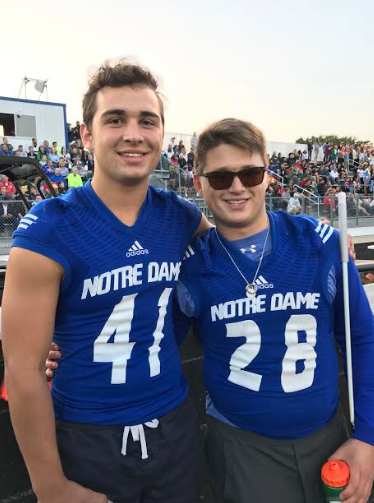
James Bosco with Nick Koehler at a Friday night football game.
September 6, 2017
“I think maturity comes from experience, world experience, personal experience,” explained James Bosco, a junior at Notre Dame Academy, “so there is a great possibility that I have matured.”
Like the majority of his peers, Bosco is adjusting to his return to NDA after a long summer. Yet, his adjustment comes with a unique set of circumstances, which has presented a different kind of challenge.
After losing his eyesight during his sophomore year, James Bosco has been persisting with a relentless ethic to adjust to cane mobility and learning Braille in addition to the school load that tags along with junior year.
“He has really returned back as a junior with extra focus, and work ethic, and drive that has really made me proud,” boasted Learning Resource Specialist Cassidy McGowan.
Bosco spent the past few months at a world-renowned blind adjustment school in Minneapolis called Blind Inc. There he worked on Braille, travel, mobility and how to navigate the world around him by utilizing other senses.
“Mobility and travel was actually my easiest class,” Bosco recalled.
Everyday, Bosco and an assistant teacher would leave the building and navigate through downtown Minneapolis. He would walk up to 2-6 miles, then, using bus tokens, catch a bus, and get dropped off a few blocks from school. There, Bosco would walk back.
“At first it was actually really scary. I thought I was going to get hit,” explained Bosco.
Although difficult, Bosco said that the commotion of Minneapolis made coming back to his home and Notre Dame easier.
“Not getting distracted is huge with cane travel. The noise in Minneapolis helped me,” he said.
Adjusting to his cane has also been a big step for Bosco. His first cane was damaged in Minneapolis. Bosco’s current cane, the one you have seen him with is made of carbon fiber, and it stretches five feet and three inches. The tip at the bottom is weighted and is a roller-tap tip.
Choosing the right cane all depends on each individual. Cane selection is based on weight, length, tip and feel for the user.
“It’s just like shoes. Everyone buys shoes because they feel good on their feet,” explained Bosco.
Bosco can tap his cane and tell the dimensions of an area, whether it’s a narrow hallway, or open classroom. He has learned to navigate his way through the school using his cane. Bosco and his paraprofessional, Ms. Anne Eisley, returned to school on August 7 to practice and plan routes.
“We got to know about each other a little bit,” recalled Eisley.
Eisley is an Oshkosh native and graduate of UW-Oshkosh. She previously worked with autistic children as a line therapist.
“I decided I wanted to be in a school for the long run,” Eisley said.
Through a colleague, she heard about the opportunity here.
Eisley works with Bosco from day to day on content and materials. During class, she’ll take notes, and if there’s a quick assignment or quiz, Eisley will quietly tell Bosco the questions, to which he will quietly respond.
“Everyone has been really eager to help out,” said Eisley.
After a meeting on July 25, Notre Dame and the Bosco family decided that it was in Bosco’s best interest for him to return here. Mr. McGowan and President Kevin Shaw stepped up to ensure the smoothest transition possible for Bosco.
“I was trying to be optimistic, thinking about James coming back, as possible,” recalled McGowan.
McGowan, with a masters degree in special education, has worked hard to make things easy for Bosco.
“He’s kind of like the leader of the pack,” Eisley explained.
To better understand Bosco’s needs McGowan shadowed visually impaired students at West High School and consulted with their teachers and advisers, which he still does weekly. He worked in particular with Baylee, a current senior at West High who lost his sight at age two due to a brain tumor.
McGowan described Baylee as high functioning and noted how students at West have all adapted to Baylee’s being around.
“It’s going to take time, but hopefully there’s going to be a comfort level with seeing James around,” said McGowan.
Notre Dame faculty have been striving to make all the needed revisions.
The previous Braille signs in the halls were the wrong kind of Braille. Until they fully replace those signs, which the school intends to do, temporary rubber Braille signs like Bosco uses have been installed.
Braille has also been introduced into Bosco’s curriculum. He has mastered the alphabet, but not without challenges.
“That’s like learning a foreign language,” explained Bosco.
After a typical morning, going from class to class, Bosco spends the majority of his afternoon in student services. He spends time in the visually impaired room, nicknamed “The Bosco Room.”
“It’s more efficient up here because we can actually talk and use materials we have,” said Bosco.
Aside from learning to navigate with his cane, and learning a completely different language in a different kind of medium, Bosco is also required to step back into the swirling school day.
“It’s a tough adjustment,” he admitted.
Nick Koehler, a close friend of Bosco, expressed his pride in Bosco’s return to school.
“He’s done a great job adapting,” commented Koehler. “I’m very proud of how far he’s come with all the obstacles he’s faced. It’s crazy.”
His hearing and touch, which he has been using more often, now have heightened sensitivity.
“I get a lot of headaches,” Bosco explained.
Coming into a classroom of thirty-plus students all talking at once, is bothersome to most. But James persists with impressive drive.
“All of my expectations have been exceeded within the first week of school,” McGowan praised.
Bosco has been going through the motions of a typical student with ease. He entered a new school year, ready to learn and thrive.
“One of my biggest goals is to become very comfortable with my cane so I get to walk at my normal pace,” said Bosco. “I pretty much want to get to be independent.”
McGowan echoed his confidence in Bosco.
“He is more than capable of accomplishing anything he sets his sights on.”
Bosco’s cane is an extension of him and has been used as almost another sense. McGowan advises that a student doesn’t touch it without asking for permission from Bosco beforehand.
“Be sensitive to his condition, but also treat him like you would anyone else in the school,” explained McGowan.
McGowan suggested introducing yourself when talking to Bosco, touching between his wrist and his elbow in order to get his attention and, most importantly, treating him like anyone else.
“It’s a work in progress,” said Koehler. “Everyone’s doing their best, but you can always do better.”
Koehler emphasized that reaching out to James and saying a friendly hello makes all the difference. He mentioned that students are hesitant to say hello, mostly because they don’t know how.
“Blind people aren’t different from sighted people. We won’t bite your hand off,” said Bosco. “We’re all very, very similar.”


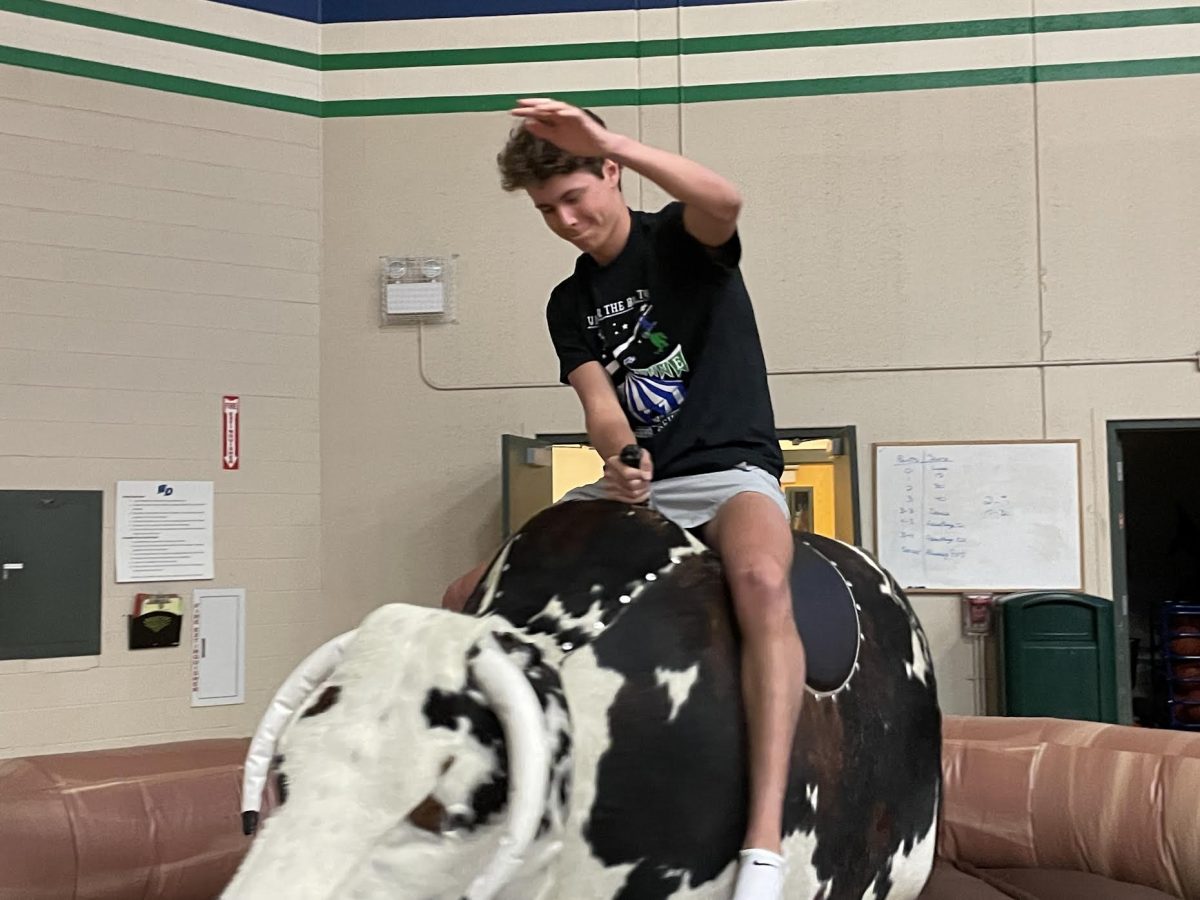
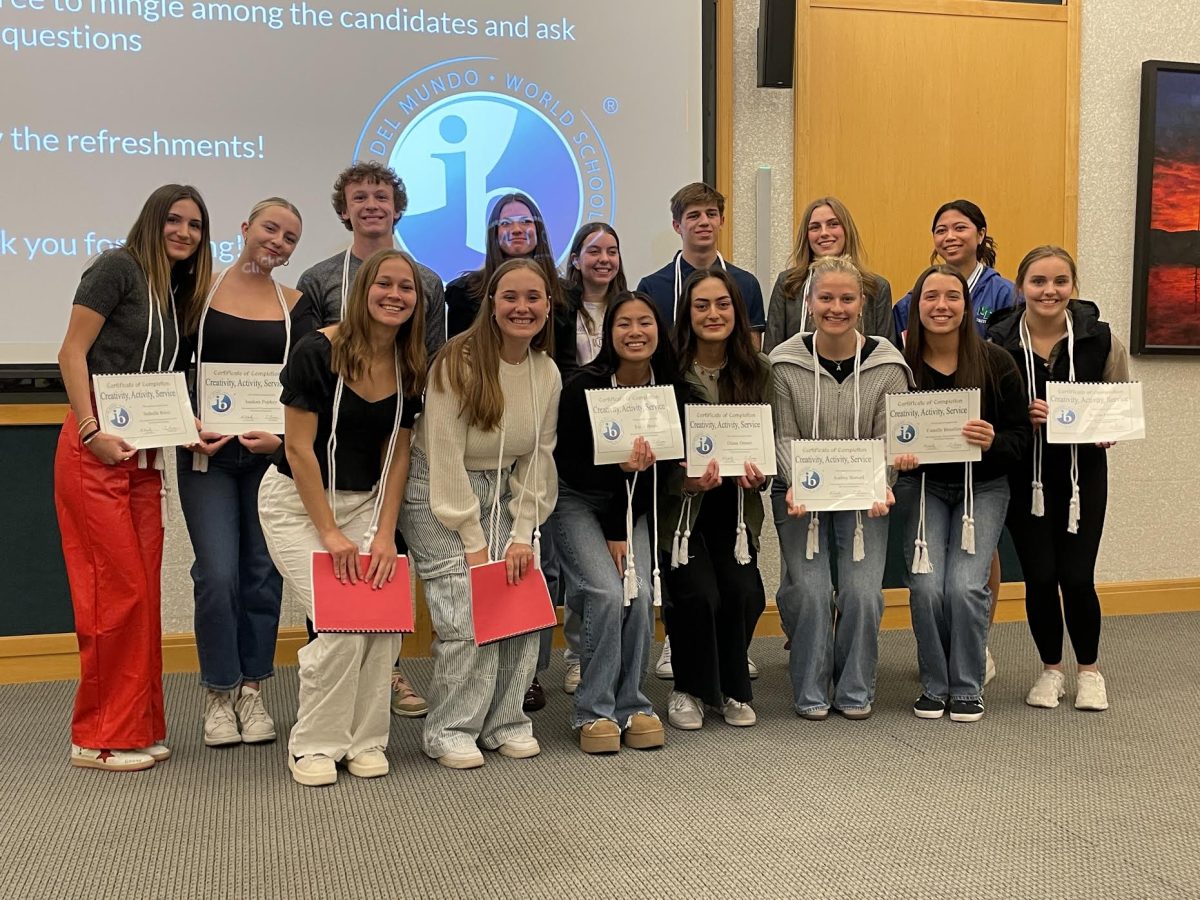

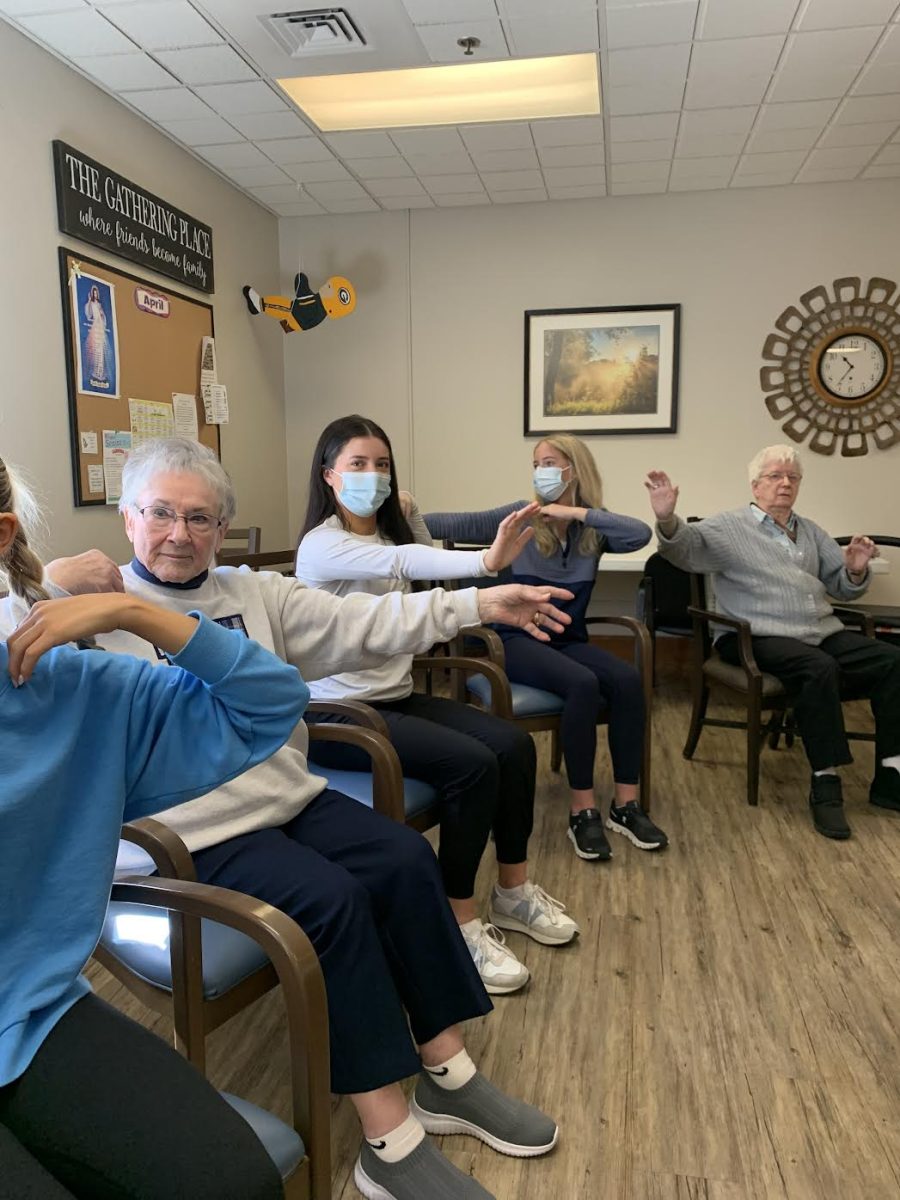
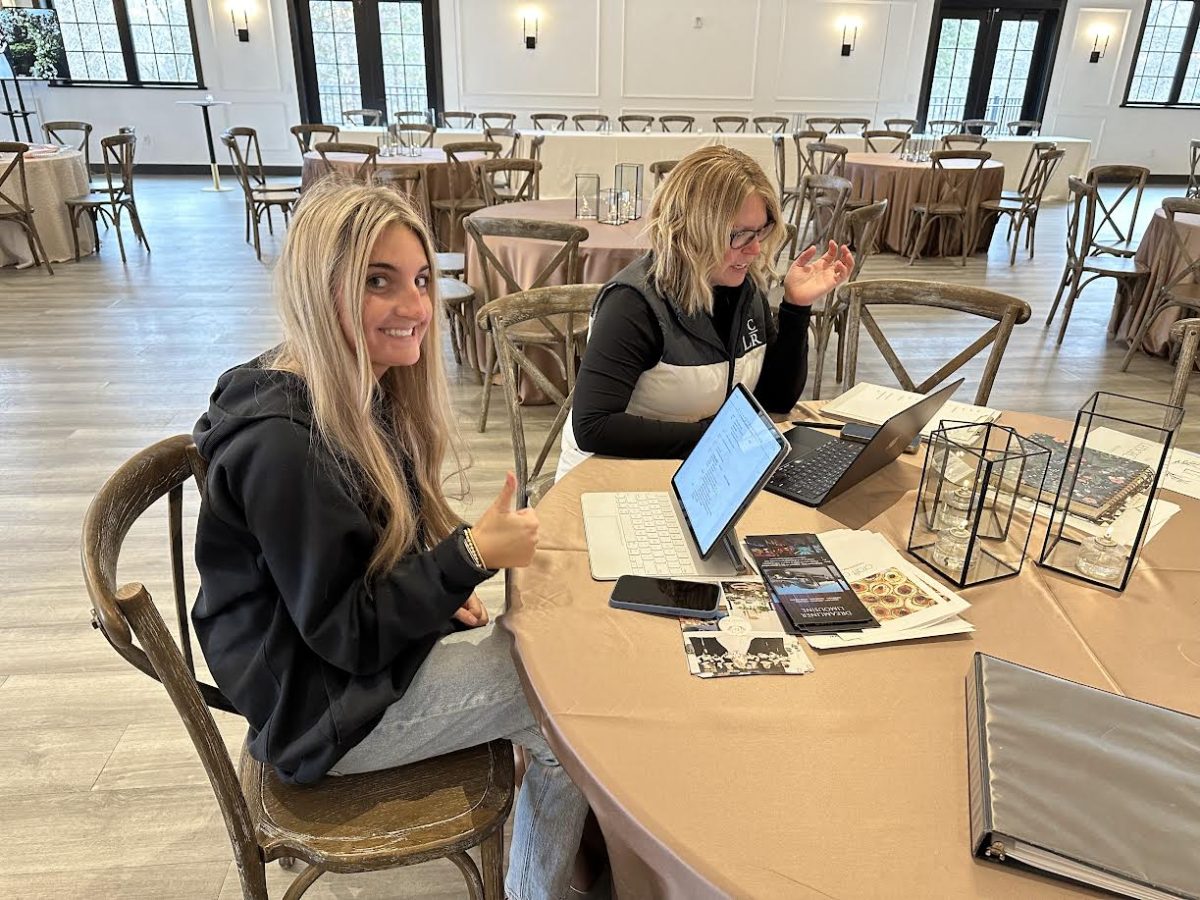

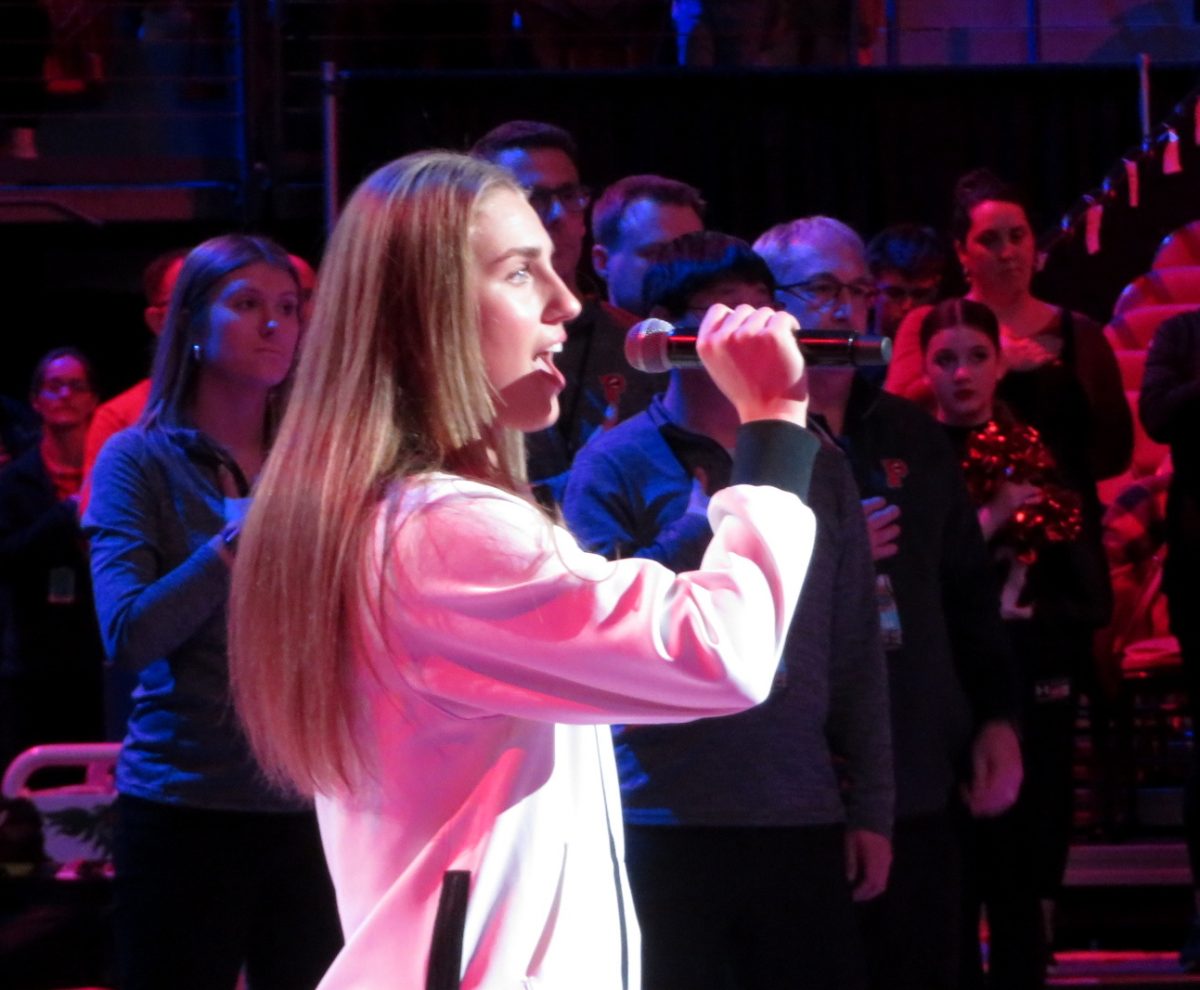
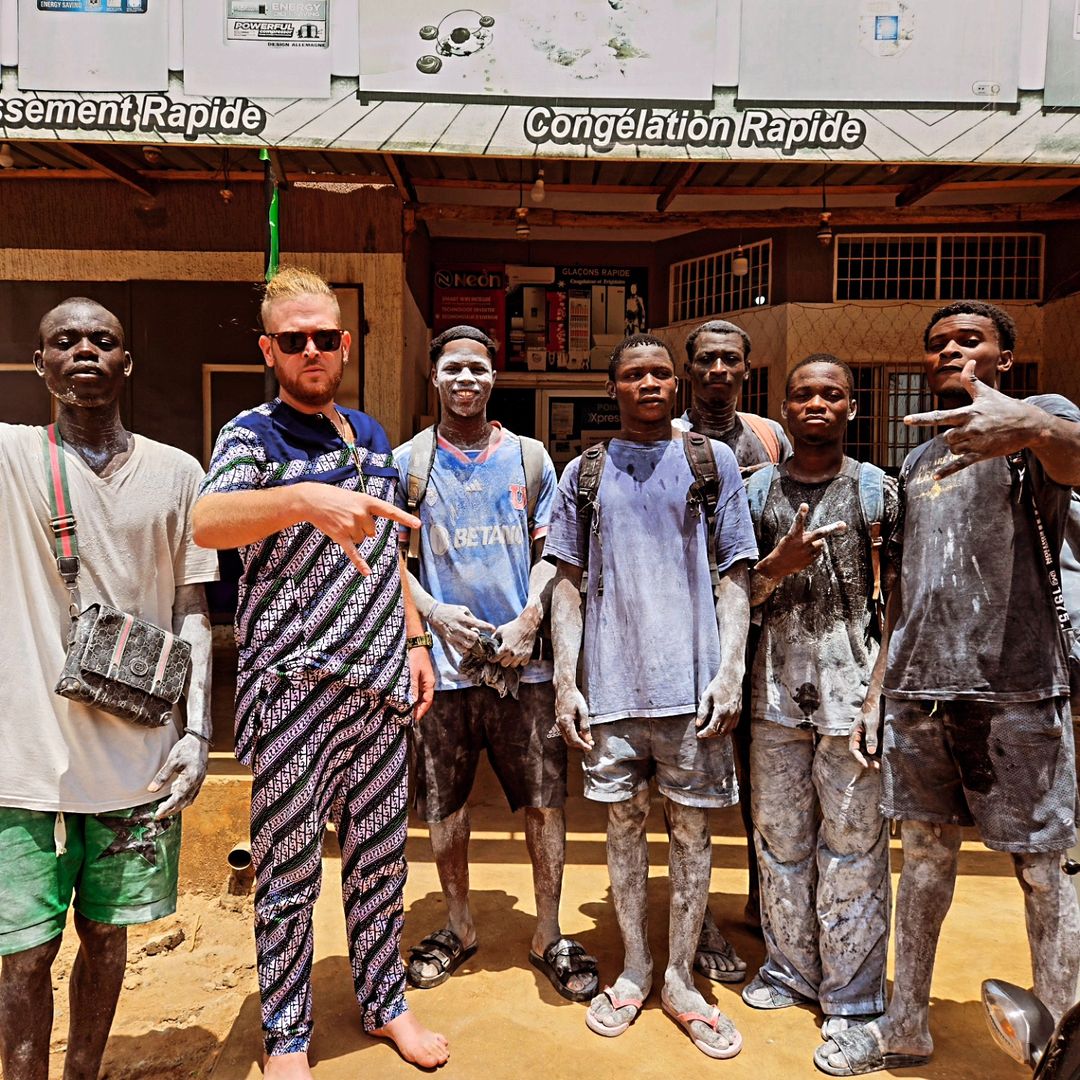
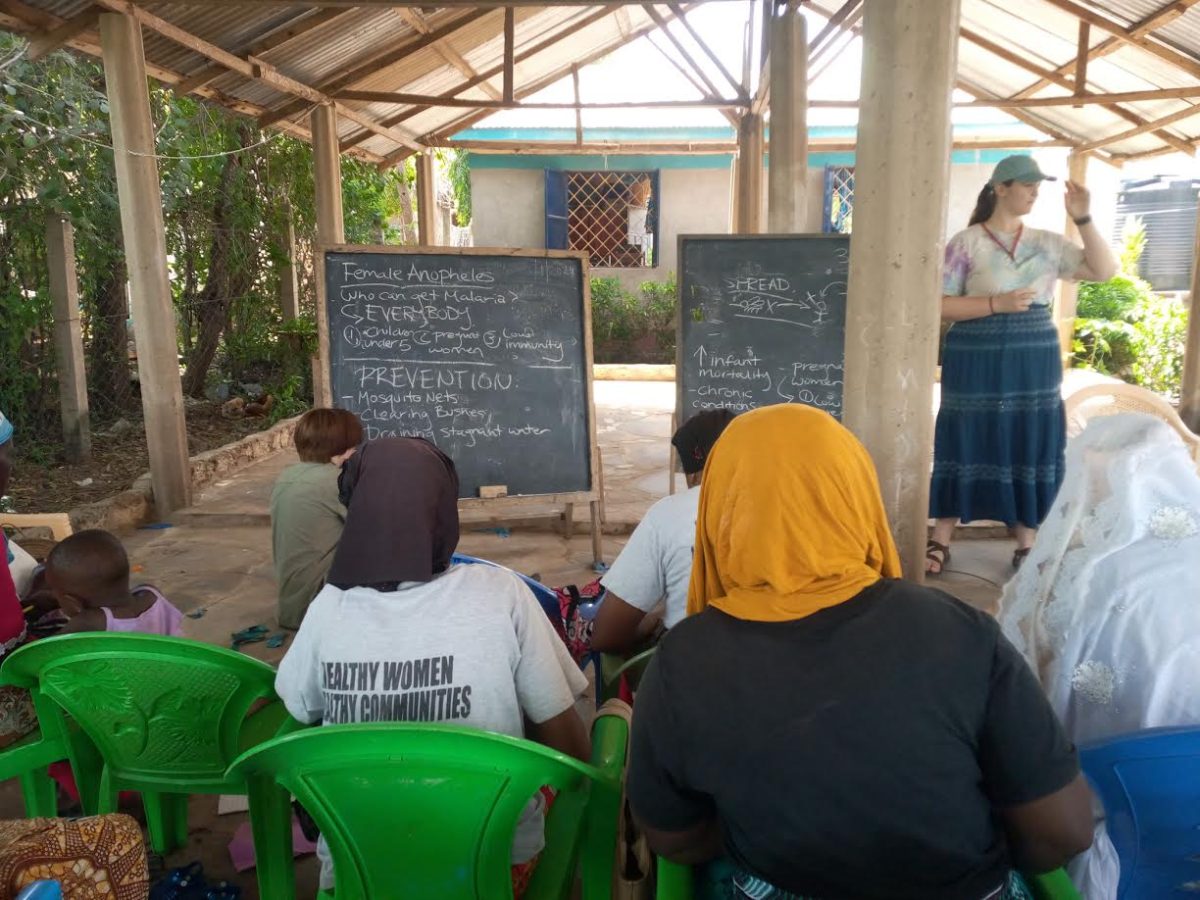
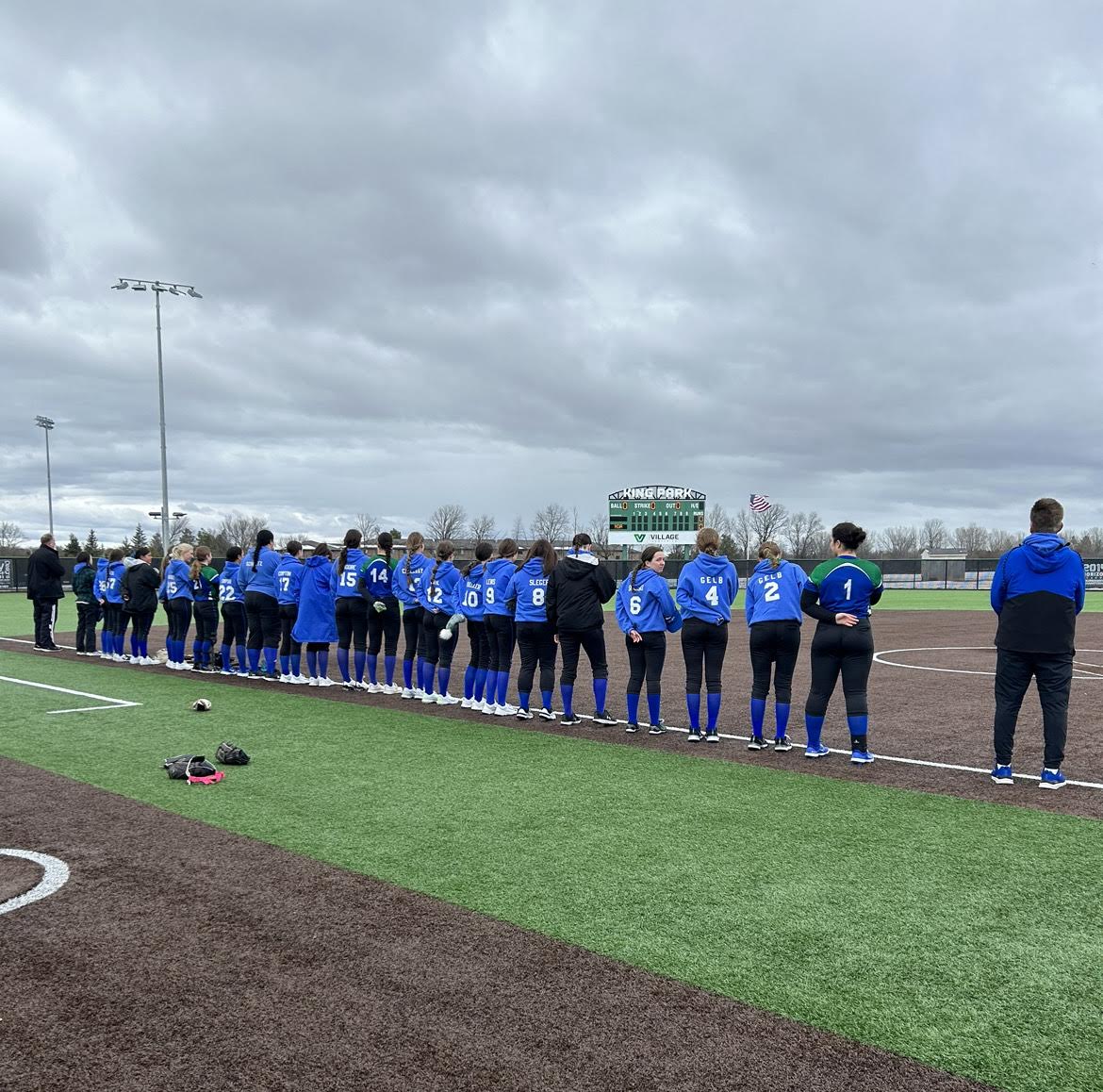
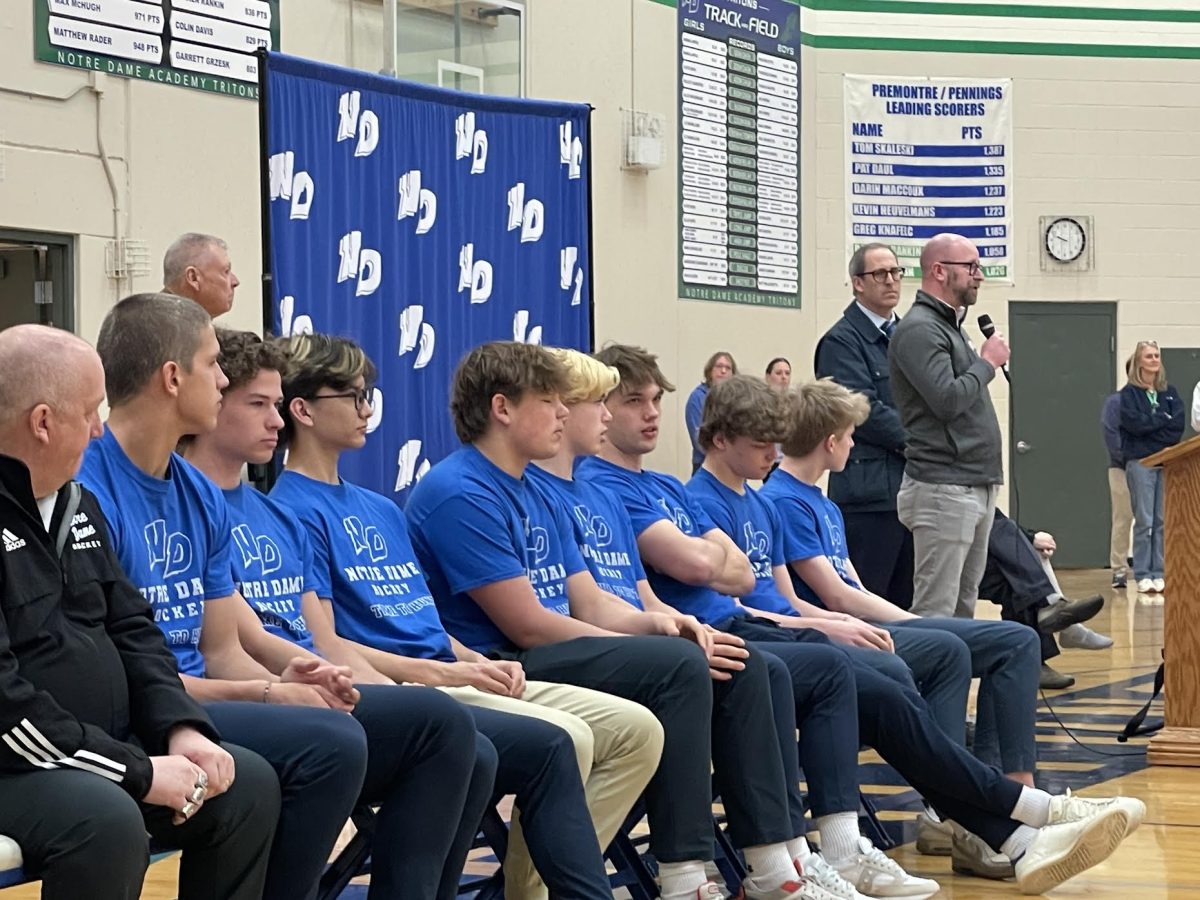
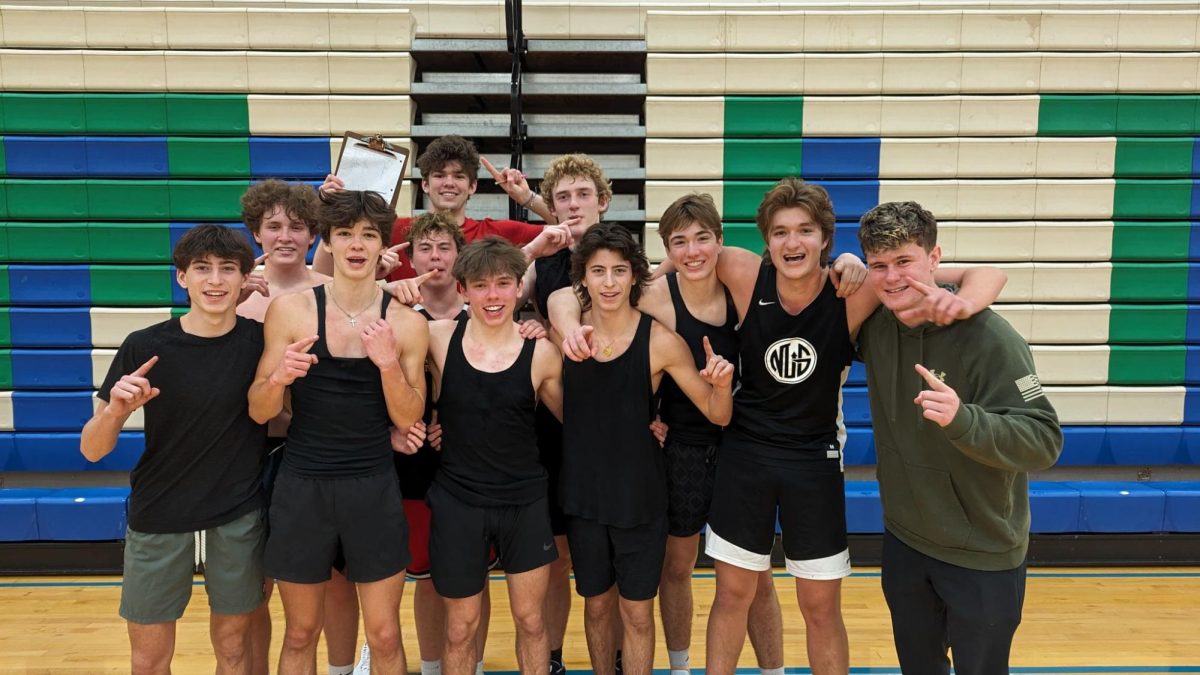
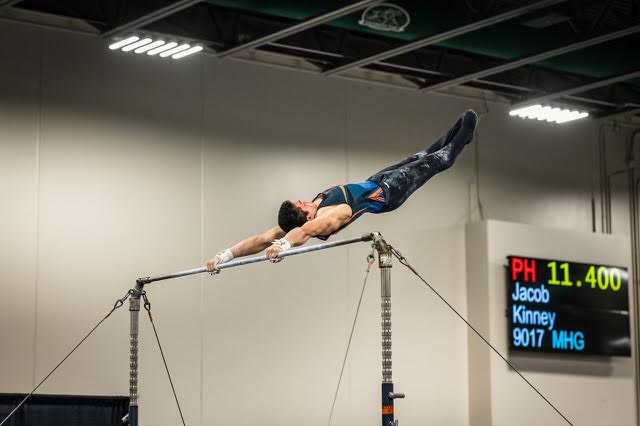

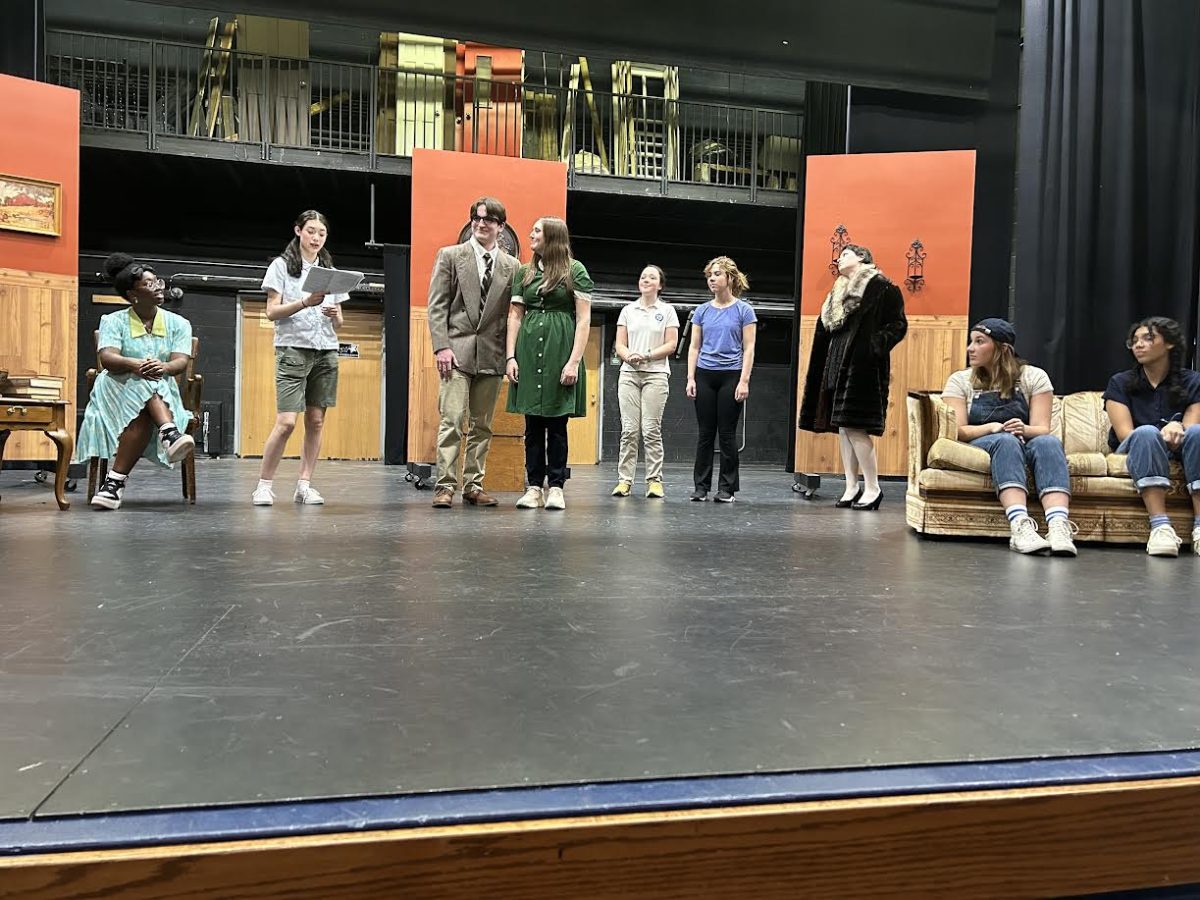
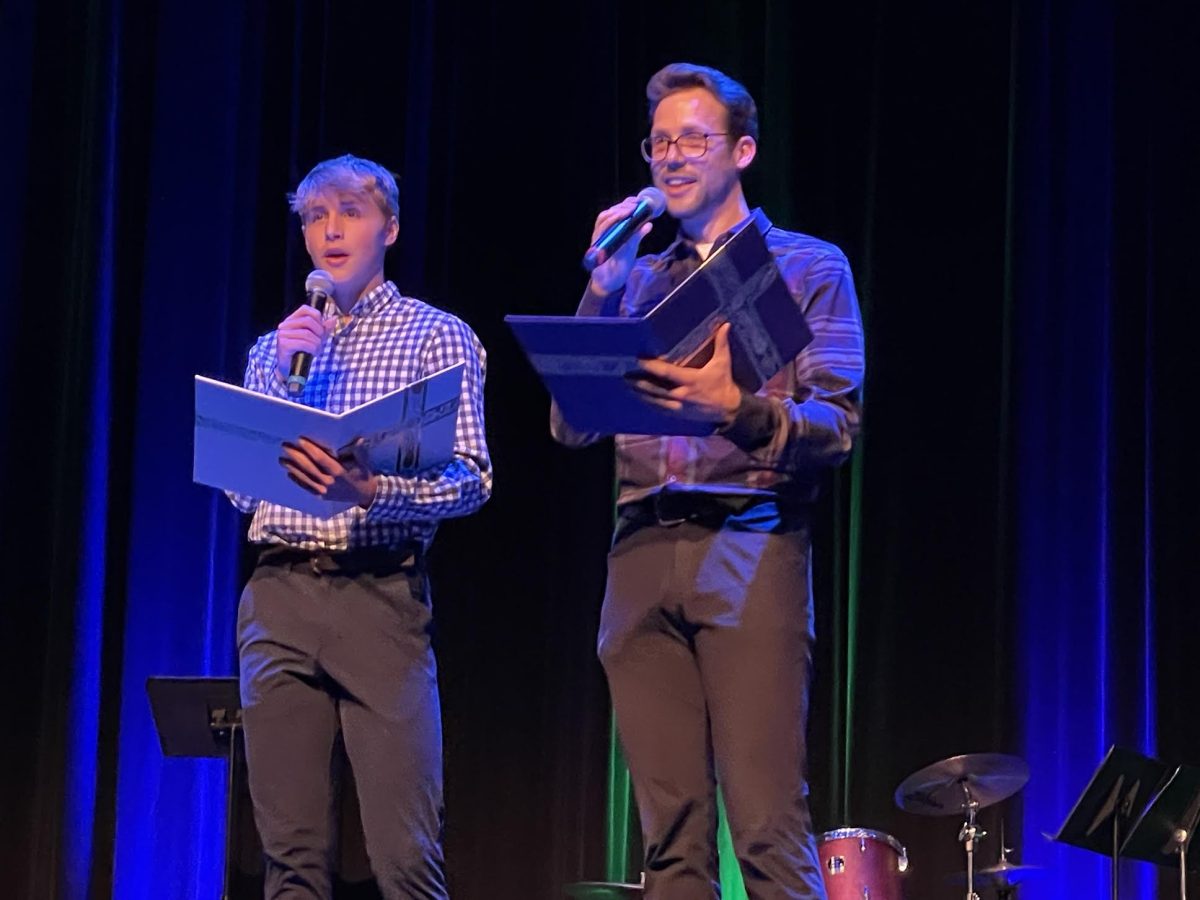

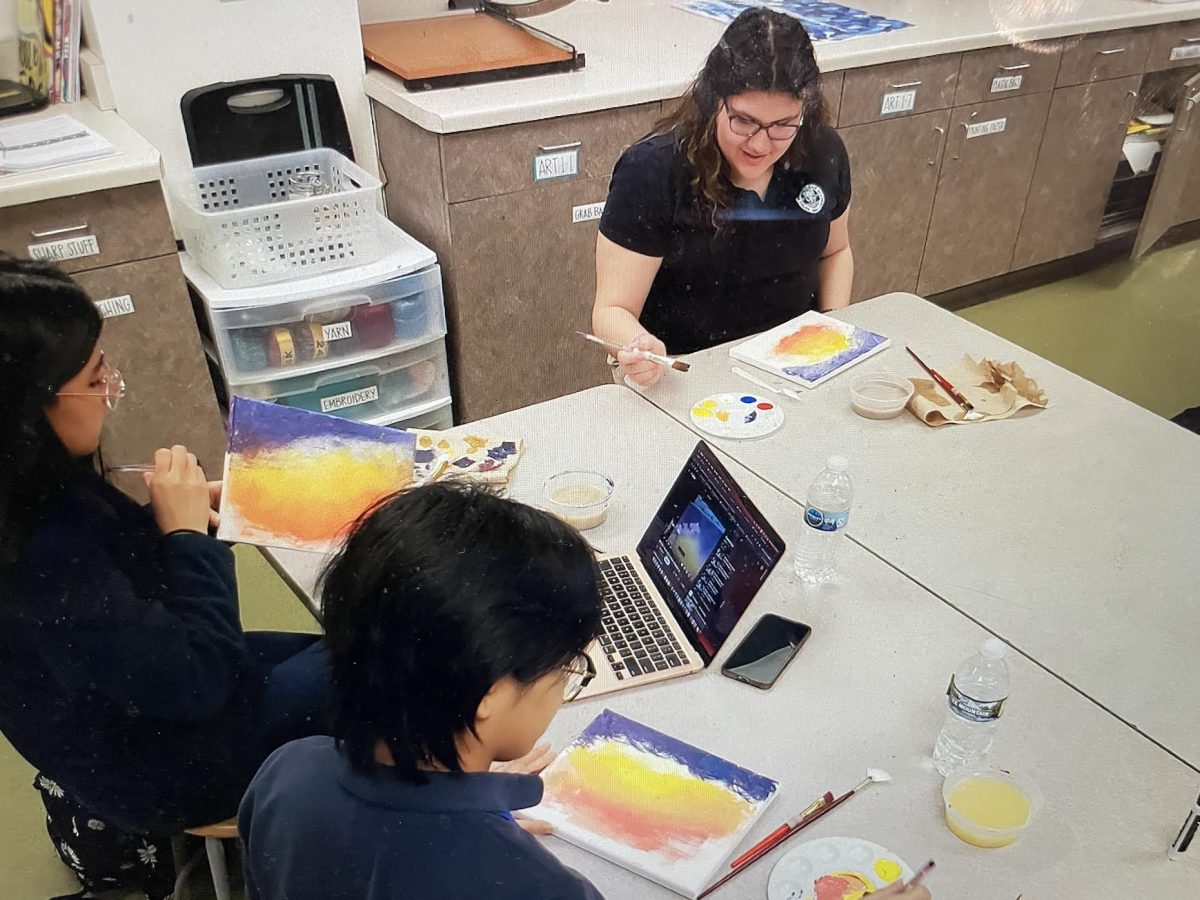
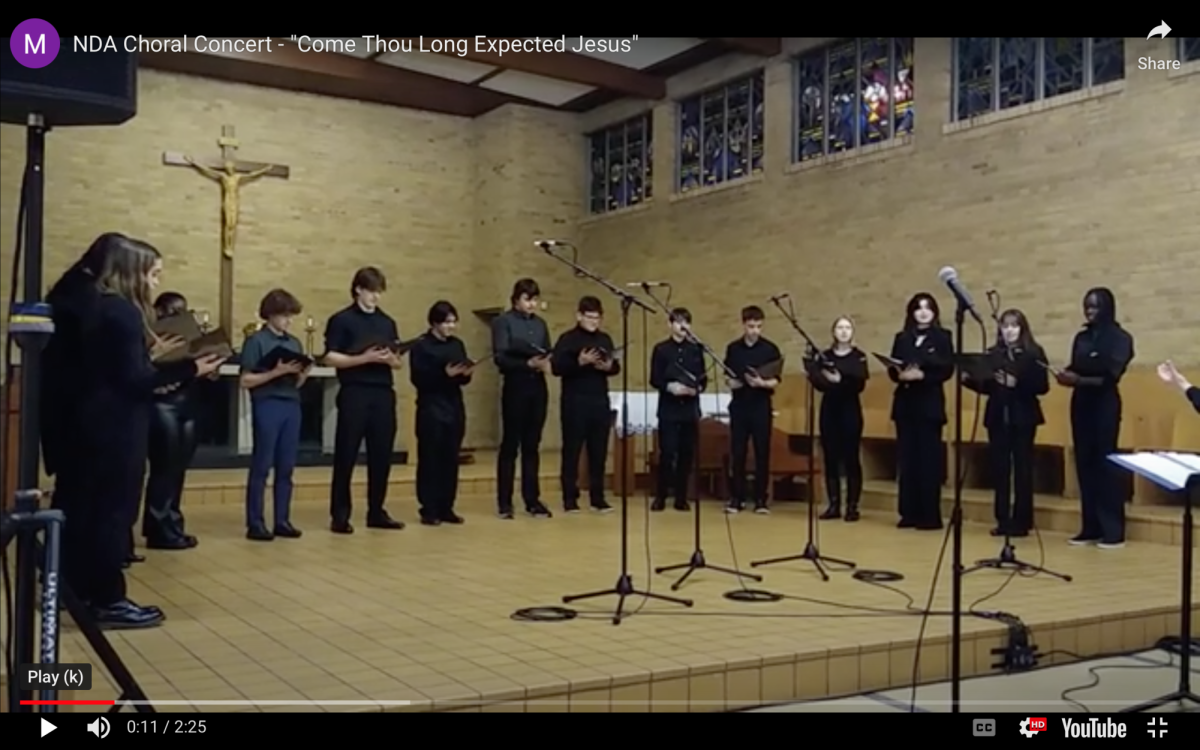
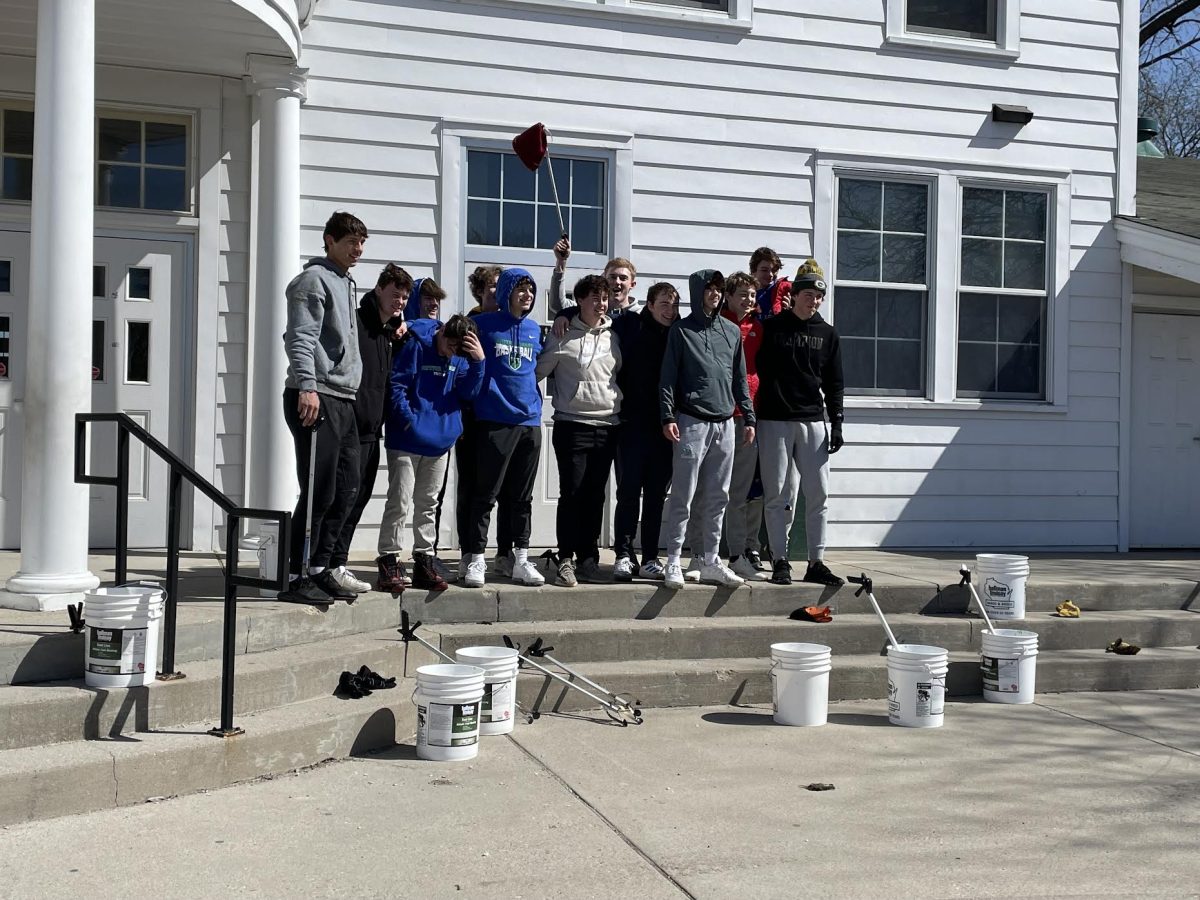

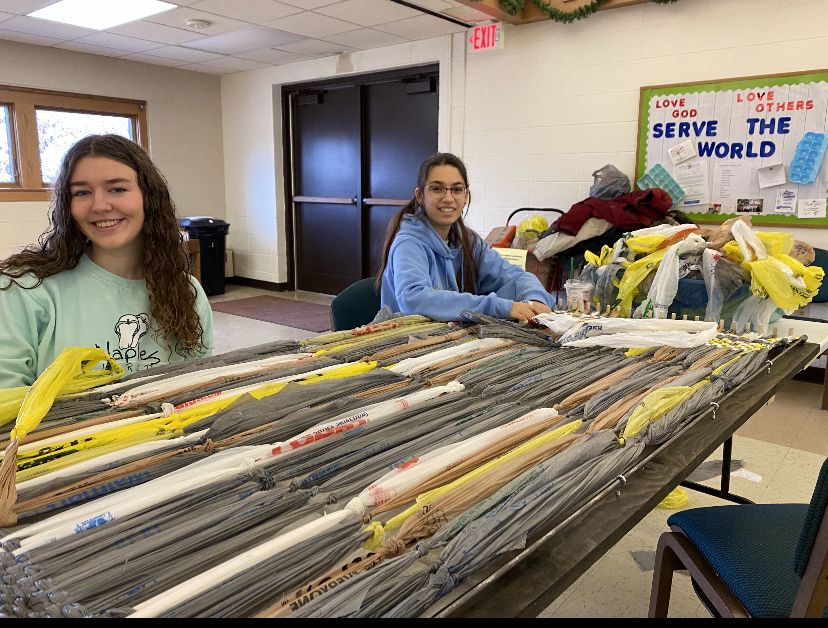
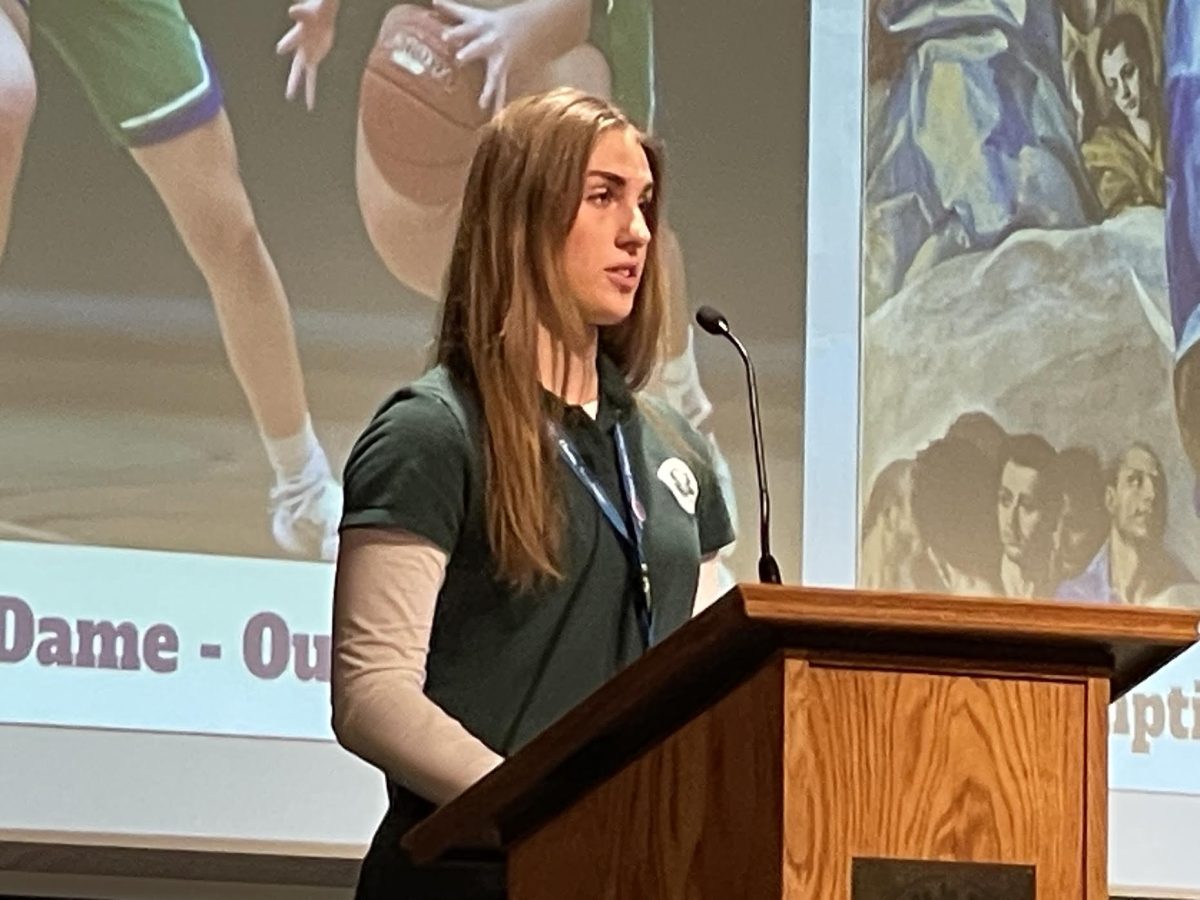

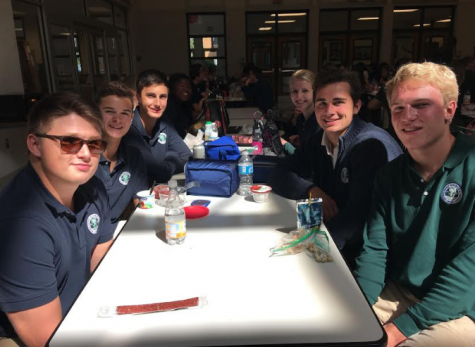
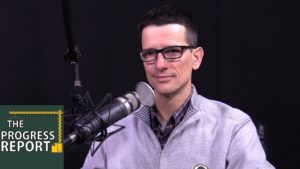
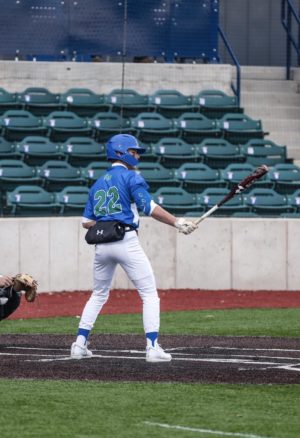
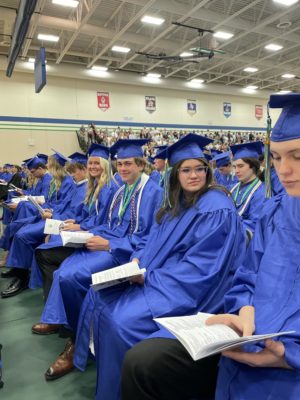

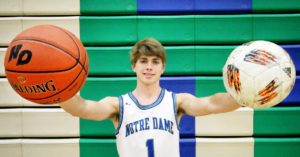

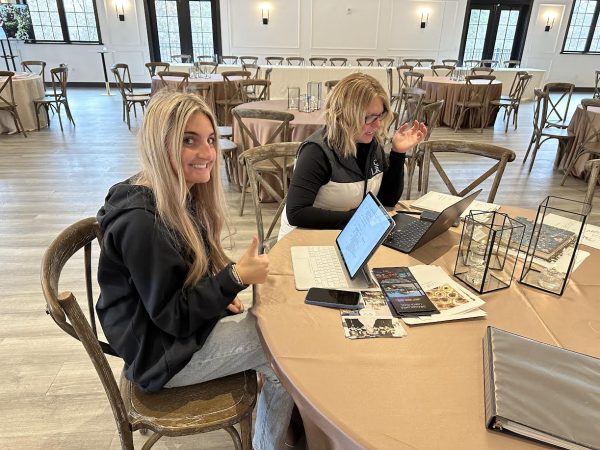
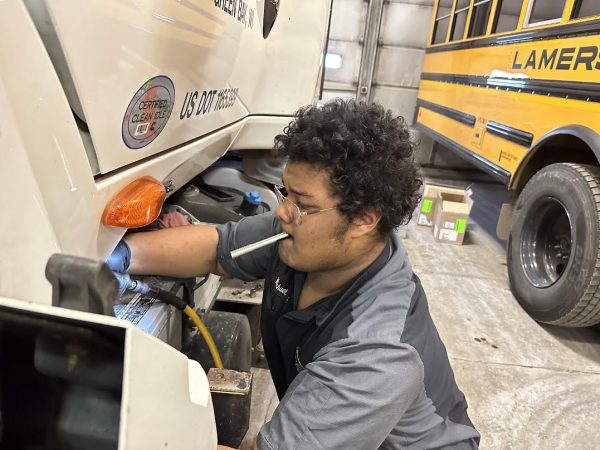
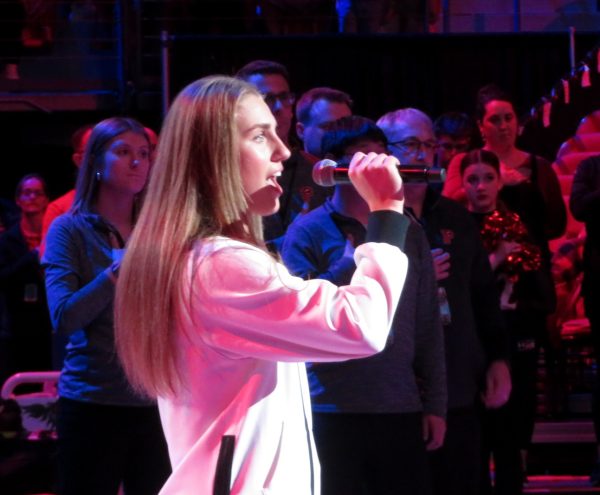
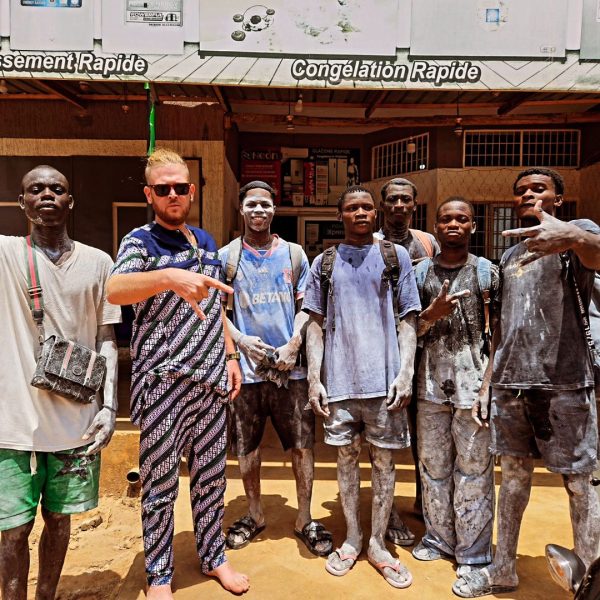
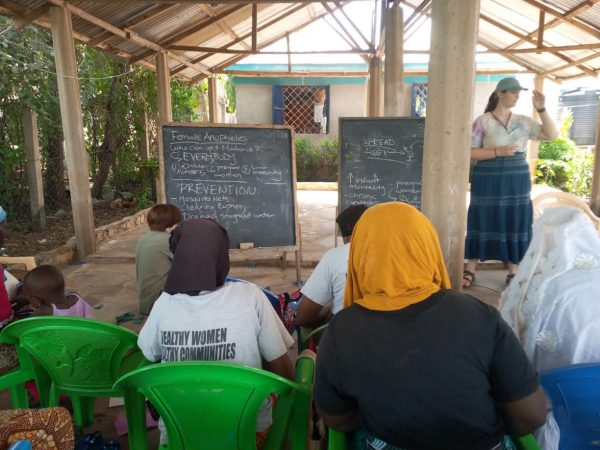
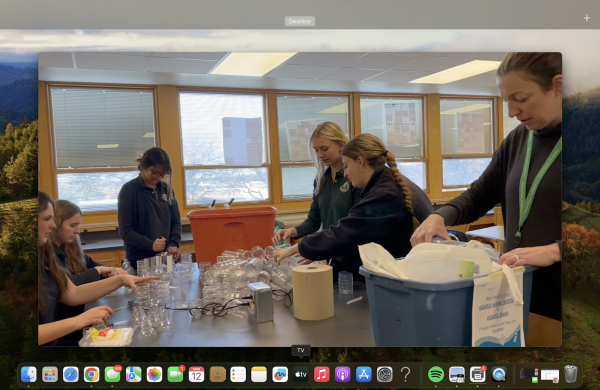

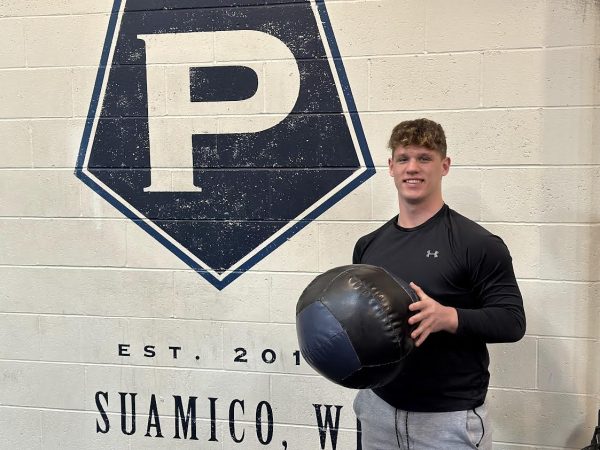
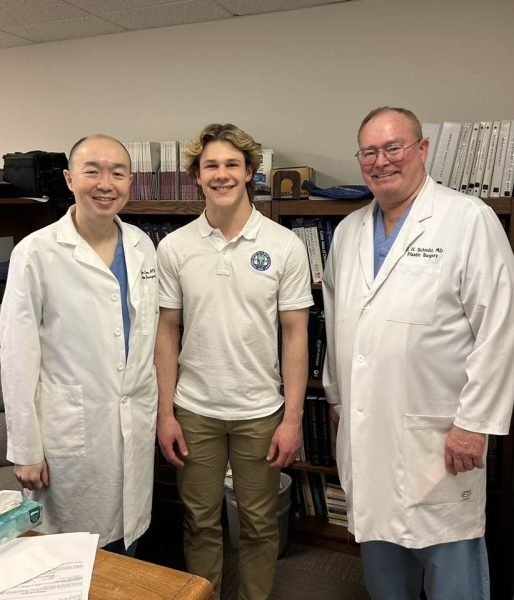
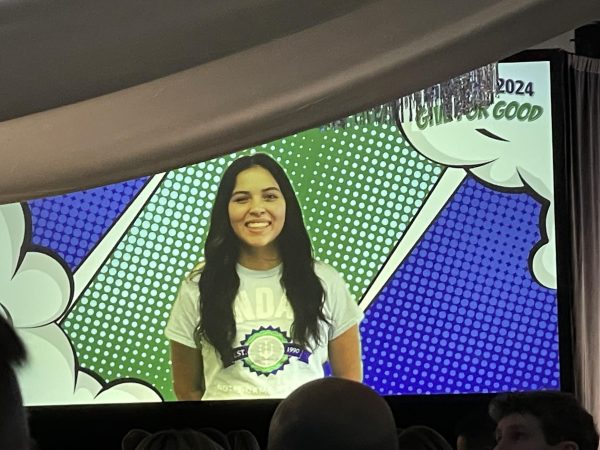

Diane Scully • Sep 17, 2017 at 9:06 pm
How far you have come, James! I am so proud of you. Like all of us you will have good experiences and not so great experiences but they are all learning experiences.
Love you,
Aunt Diane
Diane Yoder • Sep 15, 2017 at 11:04 am
I am here in Texas James, praying for your continued success and for your family. You are an inspiration to all of us, even those of us who have been blind for a while 🙂 Live the life you want and continue to light up the world!
Carolyn Brown • Sep 6, 2017 at 11:04 pm
What James has already accomplished is amazing, and his being here is going to be a maturing/growing process for all of us at NDA.